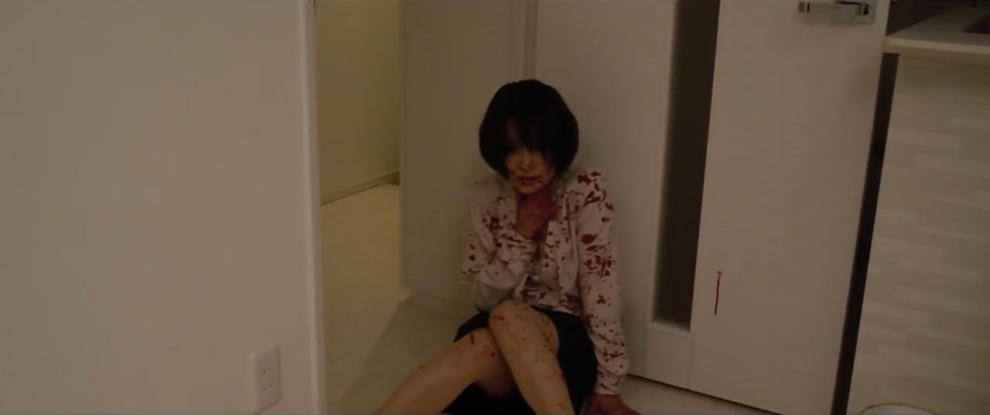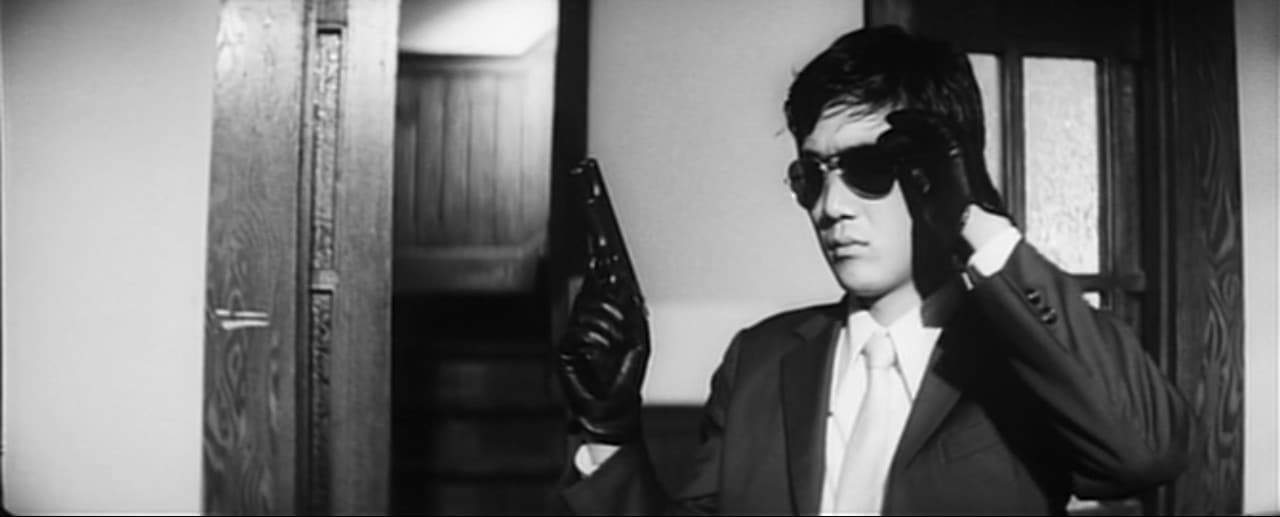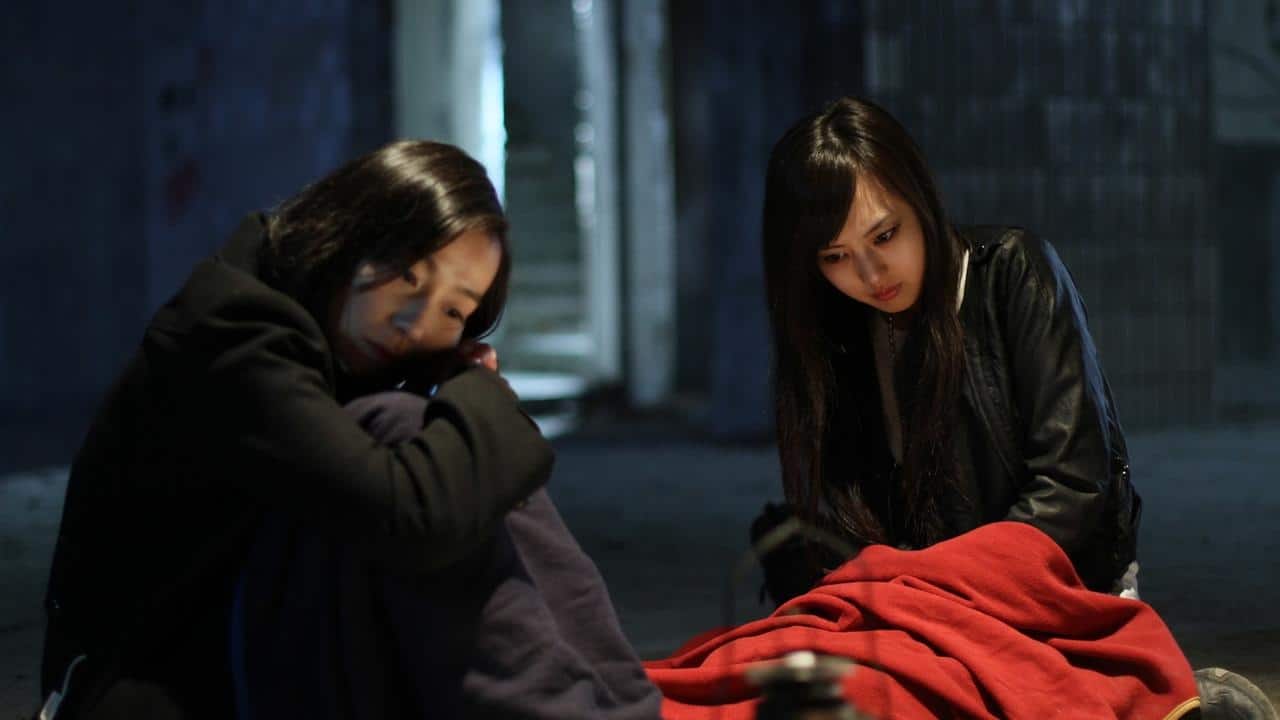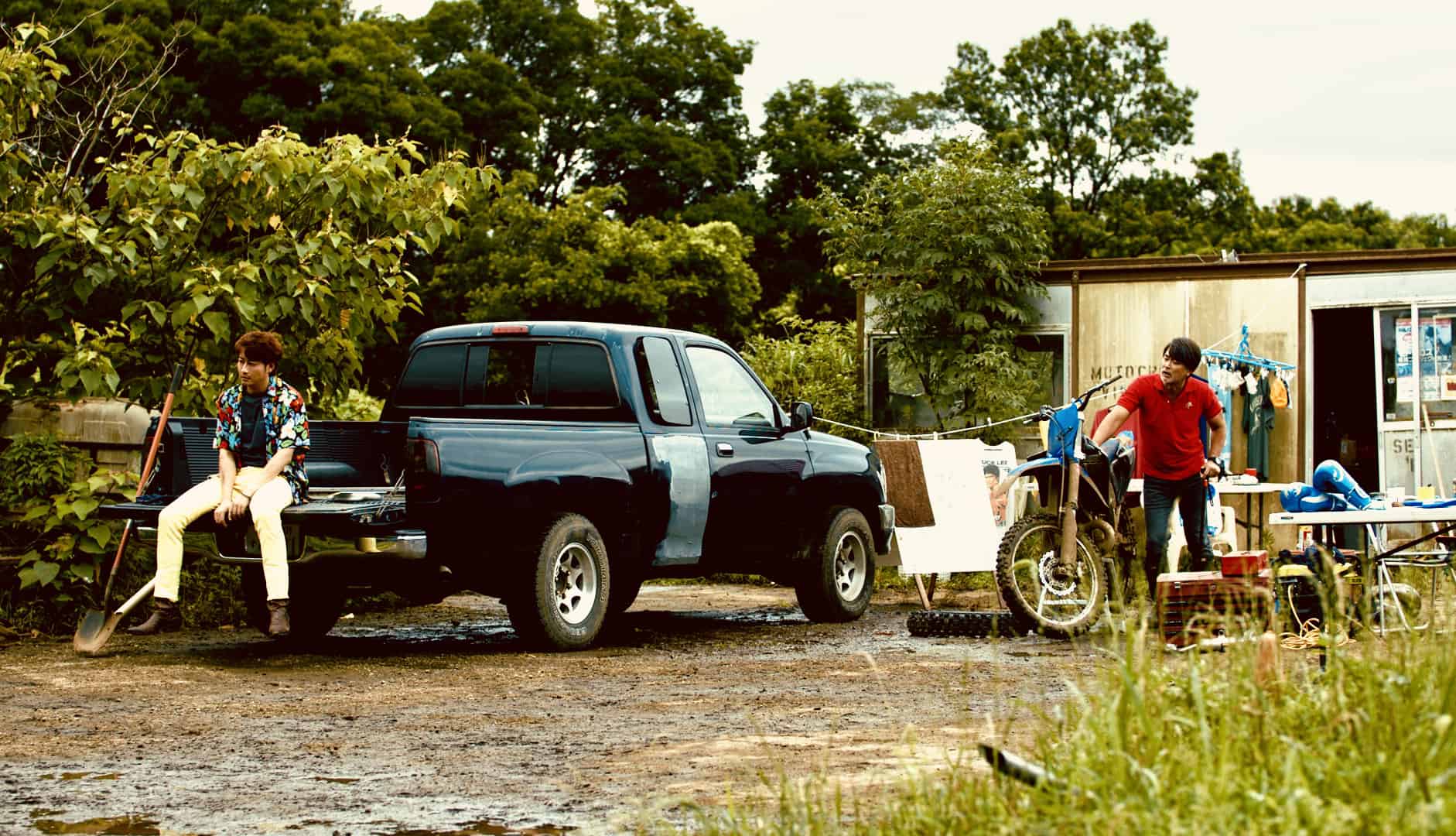‘What do I do now?' trembles Yuko (Mihiro Kaneko) in the aftermath of having her ordinary life turned around in an instant. With the growing trend for single-take, small budget films from Japan, Tetsuya Mitsuhira creates an intense and claustrophobic look at an hour that will change one woman's life forever.
One Day, A Woman is screening at Japan Filmfest Hamburg

Yuko is a 30-something woman on her way home from work, discussing her life and loves with a colleague, before making her way to her small apartment. After preparing a meal, she sits down to some work when there is a ring at the doorbell. It is her ex-lover, Morimoto (Jin Arai), a married man who seems determined to still impose himself on her life. Forcing himself upon her physically, Yuko retaliates, the knife she used to prepare her meal close to hand, resulting in catastrophic events that leave Yuko not knowing where to turn next.
Shot in one-take in various locations, the cameraman (Tomokazu Tsukuda) has to follow Kaneko like a shadow, on screen for almost every second as she is. This is at times clumsy: the camera having to turn following her into the elevator, with close-up shots of elevator walls; and shots through a doorway as if the cameraman couldn't fit through, so just stood back as she moves ever so slightly out of shot. But this limitation works in its favor, creating an intensity similar to that of Laszlo Nemes' “Son of Saul”, closely following the lead in their struggle, creating a claustrophobia of the small setting and a voyeurism that adds to Morimoto's stalker nature.
Mitsuhira also choreographs the action well, zooming in and dimming the lights for a flashback scene as if in a stage production. Much like Shinichiro Ueda's “One Cut of the Dead” and Daigo Matsui's “Ice Cream and the Sound of Raindrops”, this is ambitious in moving the camera within a single take, and is similarly successful with it, no doubt putting a lot of strain on the crew.
To start, this feels like a video from YouTuber Ramblac, as the camera glides in front of Yuko as she walks home, picking up the sounds of the street and people walking out of doors in the background. The real-time pacing does mean we have moments of filler in between the action, but this adds to the realism of the aftermath, from the mundane to the manic in minutes.
And indeed, Yuko's response feels natural, unsure of what to do; a seemingly normal night sent into to disarray. She struggles, but tries to carry on, not knowing what to do about the situation, before the reality of it all kicks in and leaves her lost. This relies on a strong performance from Kaneko, and she duly delivers a full range within a single hour, looking like a different person come the end.
We sympathize with her against the typical patriarch with a wife and children who still demands of her, trying to put her down to maintain his control. He is a man who deserves what he gets. A sense of redemption is offered to Yuko, though the religious iconography towards the end feels a little out of place and unnecessary.
But this is another single-take film short in length, but high in creativity. It does not just feel like a gimmick here, however, but a useful tool in creating the necessary mood to tell the story, magnifying its strengths. On day, a woman; one hour, an intense ride.
















